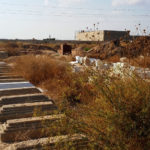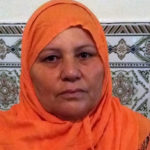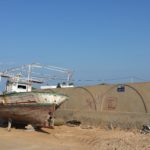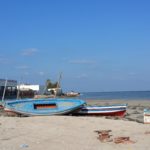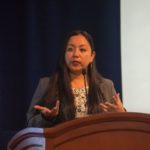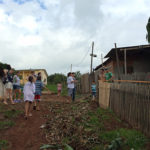Philippines: Grassroots governance for climate migration and sustainable development
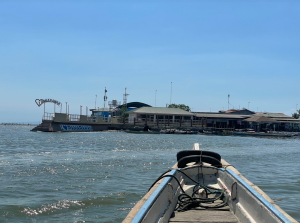
Project 1: Theorizing and examining mechanisms for participatory implementation of sustainable development in the Global South: A policy discourse analysis of ‘grassroots governance’ in the 2022 Manila Bay Sustainable Development Master Plan
Collaborators:
Nico Juarez, U-M PhD Student
Project Description:
‘Sustainability’ as concept in the development and environment studies literature has perhaps come to be synonymous with community participation. Communities are purveyors of local knowledge and capacities and directly impacted, compared with government and civil society actors whose roles and commitments are externally imposed. Communities are who live out the development and embedded in environment, and thus the ones who can sustain them precisely.
However, participation is largely conceptualized and analyzed as ‘engagement’. Implementation is rarely the focus in studies of participatory governance for SD. It is perhaps taken as a given that implementation is beyond the role of the community, outside its scope and mandate.
This study takes up an exception case whereby community is an inherent part of formal governance for SD. Drawing from the Philippines in the context of the Global South, we posit the barangay as the unit of local grassroots community, while simultaneously a political unit that is institutionalized as a formal part of the governance body.
In this study, we develop and apply a theoretical framework on ‘participatory implementation’ to our examination of sustainable development, as planned via policy. Specifically, we examine community participation—via the barangay as sociocultural and political institution— not only in engagement and decision making, but also in the implementation of sustainable development, as evident in policy discourse within the 2022 Manila Bay Sustainable Development Master Plan in the Philippines.
Selected References
Gonzalez Benson, O. & Juarez, N. (Under Review). Theorizing and examining mechanisms for participatory implementation of sustainable development in the Global South: A policy discourse analysis of ‘grassroots governance’ in the 2022 Manila Bay Sustainable Development Master Plan
Project 2: Responding with ‘climate refugees’ in the Philippines: Examining local practices done by social workers and community practitioners to address environmental displacement and sustainable development
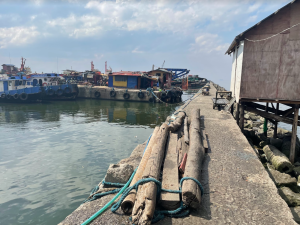
Collaborators:
Nico Juarez, U-M PhD Student
Tom Francis Temprosa, Director of Education, Commission on Human Rights – Philippines
Collaborating Organization:
Commission on Human Rights – Philippines
Project Description:
Climate-induced or environmental displacement as a global issue is anticipated only to intensify over time in tandem with climate change; practitioners and policymakers are developing responses and interventions. Social Work as a profession has taken on that challenge: to “create social responses to a changing environment” is one of the Grand Challenges of Social Work. In response to that call, this project seeks to examine local practices and grassroots models of governance that address environmental displacement and sustainable development, with the Philippines as site of study. A country of 7,641 islands in a geographically precarious location in southeast Asia, the Philippines contends with rising sea levels, typhoons, flooding and other environmental changes, and community practitioners and social workers are key actors on the ground. By examining the work of such actors, this study aims to help integrate global and local perspectives in social work practice, a critical task given the diversifying demographics in the US.



